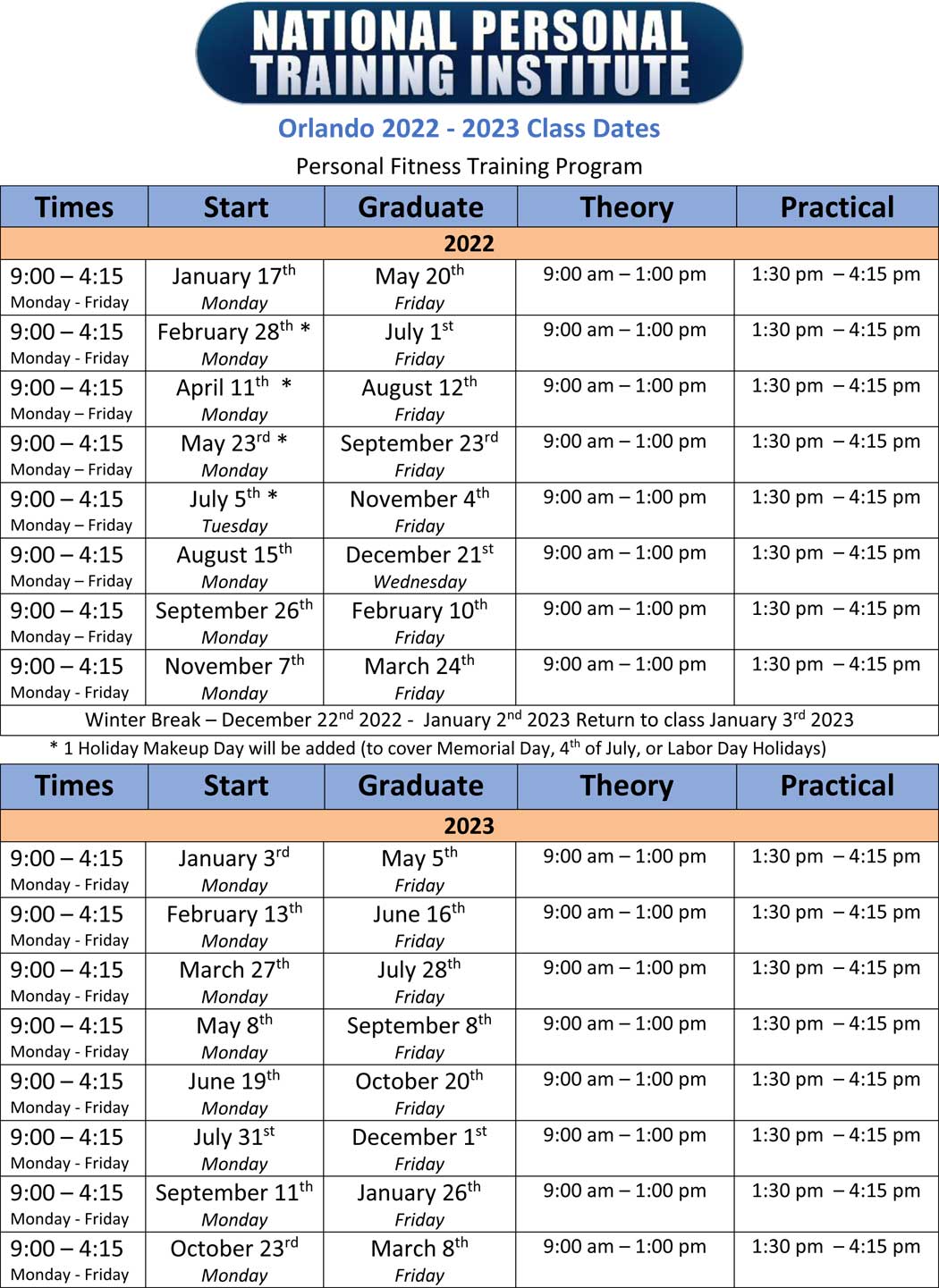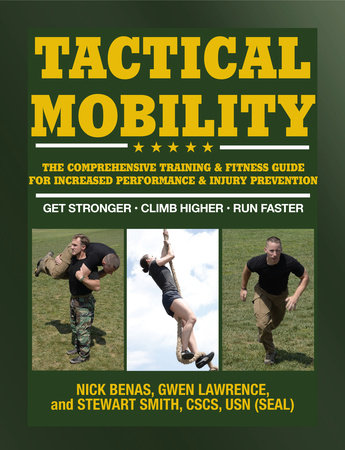
You can get started in healthcare by choosing an NCSF package. Each study package includes instructor support along with a dedicated online study platform. You can expect support as you navigate through our online portal. There won't be any technical difficulties. Contact your instructor if you have any questions or require additional assistance. They will be more than happy for you to assist. Here are the details about this program.
For continuing education units
Continuing education units refer to units earned through continuing education programs. For college courses that are completed within a certain time period, continuing education credits can be awarded. These courses need to be accredited. One CEU will be awarded for each college credit. CEUs also include professional development activities. These activities include industry committee work, professional presentations, and participation in research. These activities could lead to individual earning up five CEUs.

The NCSF requires certified exercise professionals to recertify every two years. This is to ensure compliance and the use of new data, codes of conduct, and current standards. To renew NCSF certification by CEUS, individuals must complete 10 continuing education units. The NCSF approves continuing education credits. They must be earned through a recognized educational institution. Applicants may appeal to the NCSF if a course is not approved.
Exam fee
Recertification is available through NCSF. The fee for recertification is $75 for one credential and $100 for multiple credentials. Your application can be submitted online. It will take 3 to 5 business day for NCSF processing to complete it. After processing, your credential status can be updated. It will remain valid until two years. The recertification package includes a new ID card, updated certificate, and information about future CEUs.
Prometric administers the NCSF test. You can make an appointment online or in person at a testing center. Remote exam takers can also be taken if they have an internet connection. The exam contains 150 multiple choice questions. The NCSF testing center where you are taking the exam will determine how much it costs. For example, if you want to take your exam in the privacy of your own home, the NCSF will charge you a different fee than if you take the exam at the Prometric testing center.

Special populations covered
Many fitness certifications cover basic training for special populations such as youth and pregnant women. The NCSF however has a small chapter about the subject. In one 15-page chapter, the NCSF covers only a few special populations - diabetes, cardiovascular disease, and working with children. The rest is basic information that isn't discussed in any depth. This leaves trainers scratching there heads.
FAQ
Why is it so important to get enough sleep?
To maintain a healthy lifestyle, it is important to get enough sleep. Your body can repair itself and recover from everyday stresses by getting enough sleep. Your ability to function optimally during the day is dependent on how much sleep you get each night.
Can I eat during my exercise?
Yes. While you're working out, you can eat whatever you'd like. Make sure you choose low-calorie snacks such as watermelon, carrots, celery, apples, bananas, and grapes. These foods are rich in nutrients that will help you work out better.
Is it possible to gain weight by exercising?
Not at all. In fact, exercise helps you to maintain your current weight. Regular exercise will help you build muscle and boost your metabolism. This will allow you to burn more calories every day. This means you won't store as much fat in your body.
Can I exercise after eating?
It depends on the type and intensity of your exercise. After meals, avoid strenuous physical activity because it could cause stomach cramps. Focus instead on light aerobic exercises like biking or walking briskly.
How many hours sleep should I get each night?
The amount of sleep that is recommended for each individual depends on their age, gender and needs. Adults need between 7 to 9 hours sleep each night. Teenagers and children typically need about 10 hours of sleep per night, but this number decreases as they grow older.
Do I need to eat before working out?
No. You don't have to eat before you start working out. It is possible to snack on yogurt or fruit if you are hungry after your workout.
What happens to me if I don’t sleep enough?
You can't get enough sleep and your brain will not be able to regulate hormones and chemicals responsible for controlling appetite and metabolism. As a result, your body may become more hungry and can gain weight. Sleep deprivation can also lead to excessive weight gain.
Statistics
- One study showed that adults who watch more than 4 hours of television daily had an 80% higher risk of death from cardiovascular disease. (heart.org)
- An estimated 110,000 deaths per year could be prevented (cdc.gov)
- According to the Centers for Disease Control and Prevention, chronic diseases cause 7 out of 10 deaths in the U.S., and treating chronic diseases accounts for 86% of U.S. healthcare costs. (mana.md)
- In 2018, the World Health Assembly agreed on a global target to reduce physical inactivity by 15% by 2030 and align with the Sustainable Development Goals. (who.int)
External Links
How To
How to Keep Fit during Pregnancy
When you're pregnant, your body undergoes many changes. You experience a slowing of your metabolism and a decrease in food intake as you grow a child inside. You might even start to feel sick if you don't get enough sleep. However, there are ways that you can be healthy and still have fun during this exciting time in life.
First things first, you should check with your doctor before starting any exercise routine. Your doctor can help you decide which exercises are safe and which should be avoided. You should also eat healthy throughout your pregnancy. This includes eating plenty protein, fiber, iron. Third, you should drink lots of fluids. It's especially important to drink water when you're exercising since you lose a lot of fluid through sweat. Last, take good care of your feet. Keep your feet dry and wear shoes that support them. Morning sickness can be caused by eating small amounts of bread or crackers before you get out of bed. Otherwise, you could end up feeling nauseous.
-
Take care of your health. A healthy diet is crucial throughout the entire pregnancy.
-
Get active. Do at least 30 minutes of exercise each day.
-
Keep a healthy weight Eating smaller meals and snacks can help you lose weight.
-
Get enough sleep. Try to get 7-9 hours of sleep each night.
-
Manage Stress. Learn relaxation techniques.
-
Avoid Alcohol. It can lead to miscarriage, and even birth defects.
-
Be Gentle with Yourself. Don't push yourself too hard.
-
Take care of yourself. It is important to have someone keep an eye on you whenever you feel the need.
-
Relax. Do things that bring you joy.